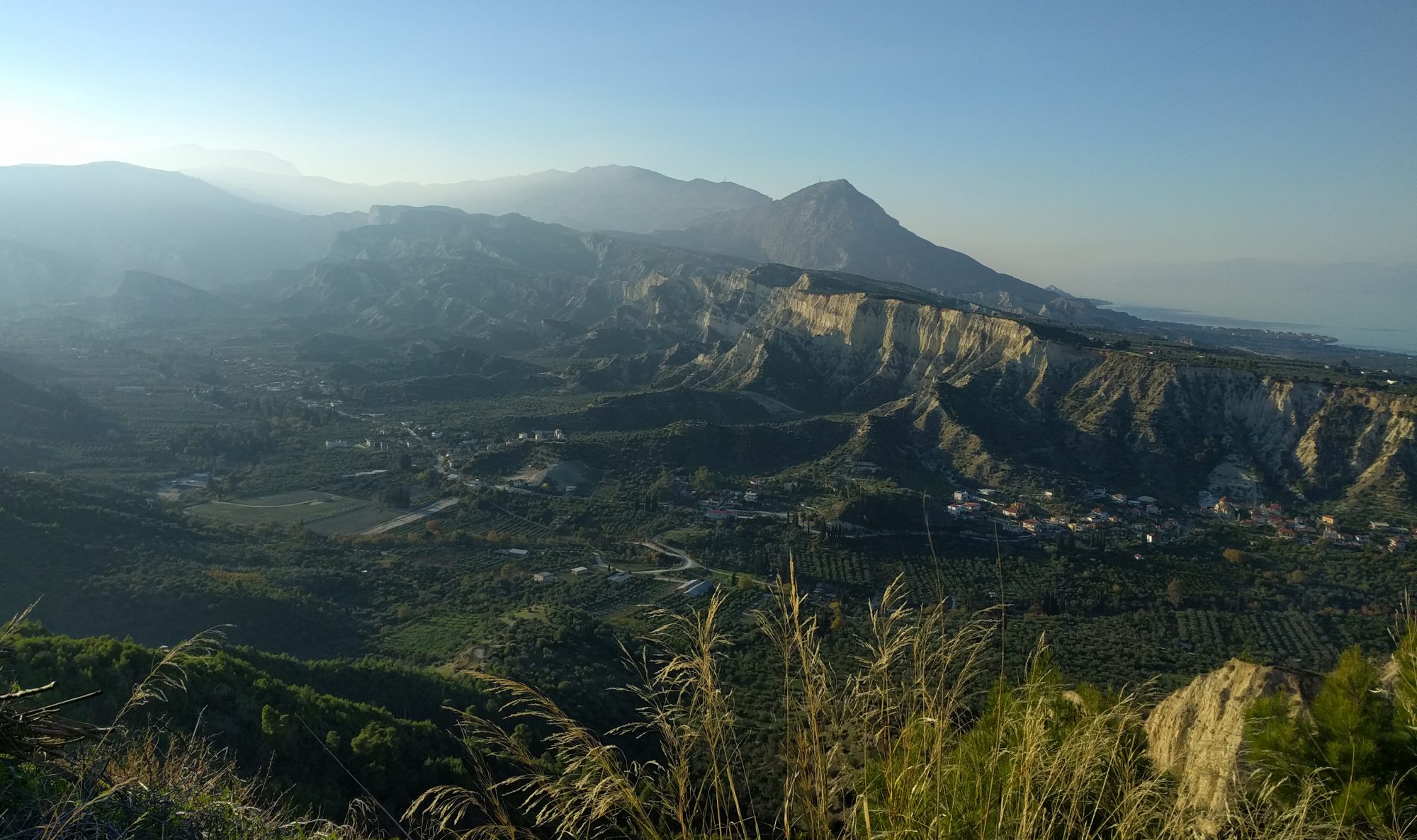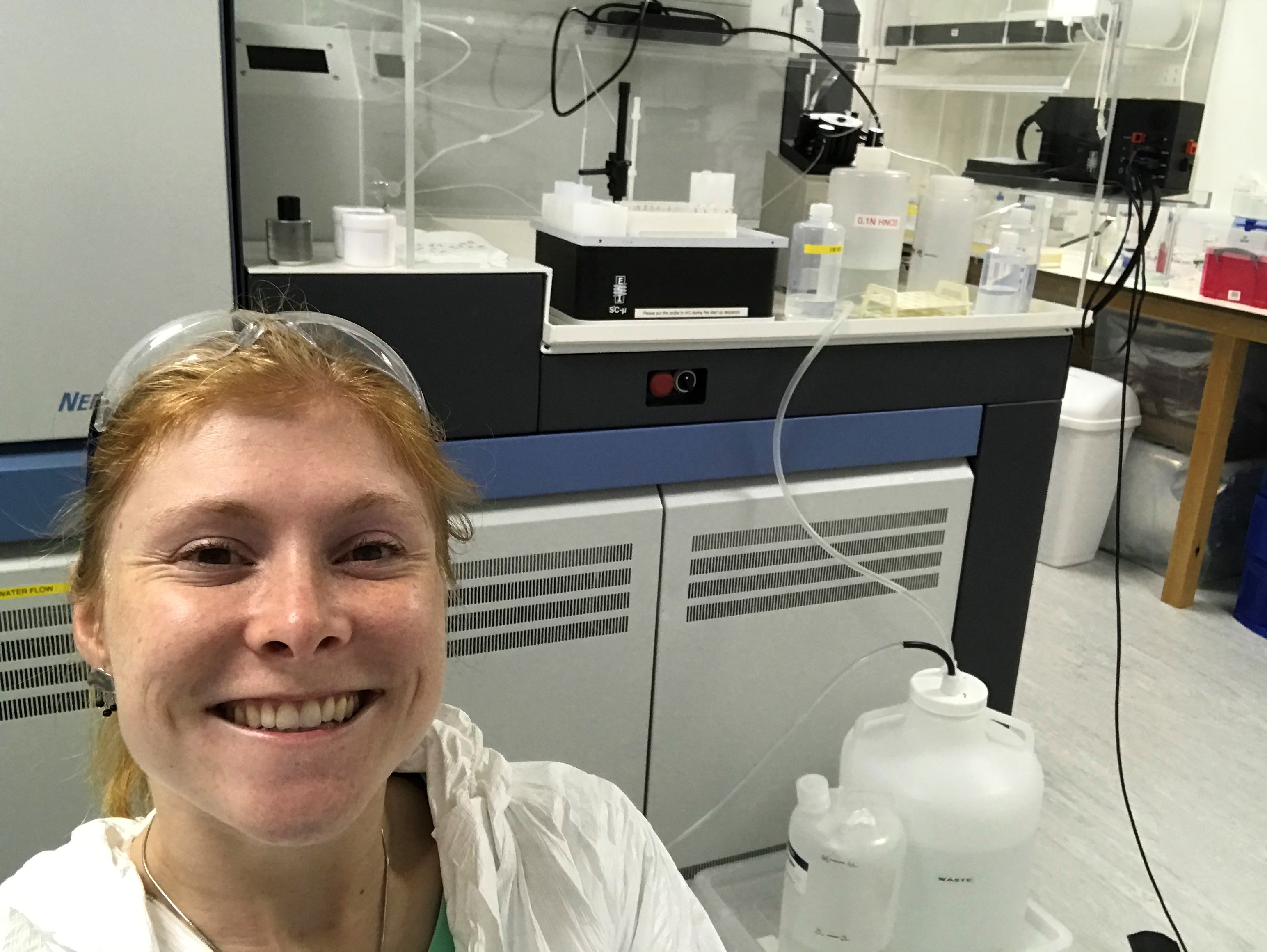From February to April this year, in the midst of lockdown and halfway through the third year of my PhD, I took 3 months away from geochemistry to work with the Environmental Audit Committee, a House of Commons Select Committee. This opportunity was part of an amazing policy internship scheme run by UKRI, who oversee the funding of my PhD. Although not sure that I wanted to pursue a policy career, applying to the scheme seemed like a great opportunity to learn more about the career path and develop transferable skills.
I applied last summer to the Parliamentary Office of Science and Technology (POST), an organisation combining the skills of the academic community with policy professionals, who provide unbiased and up-to-date information to MPs on scientific topics that relate to issues being debated in Parliament. Following an interview, I was offered a place as a POST Fellow, and seconded to the Environmental Audit Committee (EAC) for my internship. Usually these policy internships would be based in London, but with home-working firmly in place, on 1st February I found myself logging onto a secured Parliamentary laptop which had been delivered by courier the week before, about to meet a Select Committee team with no real idea what I’d be doing for the next 12 weeks.
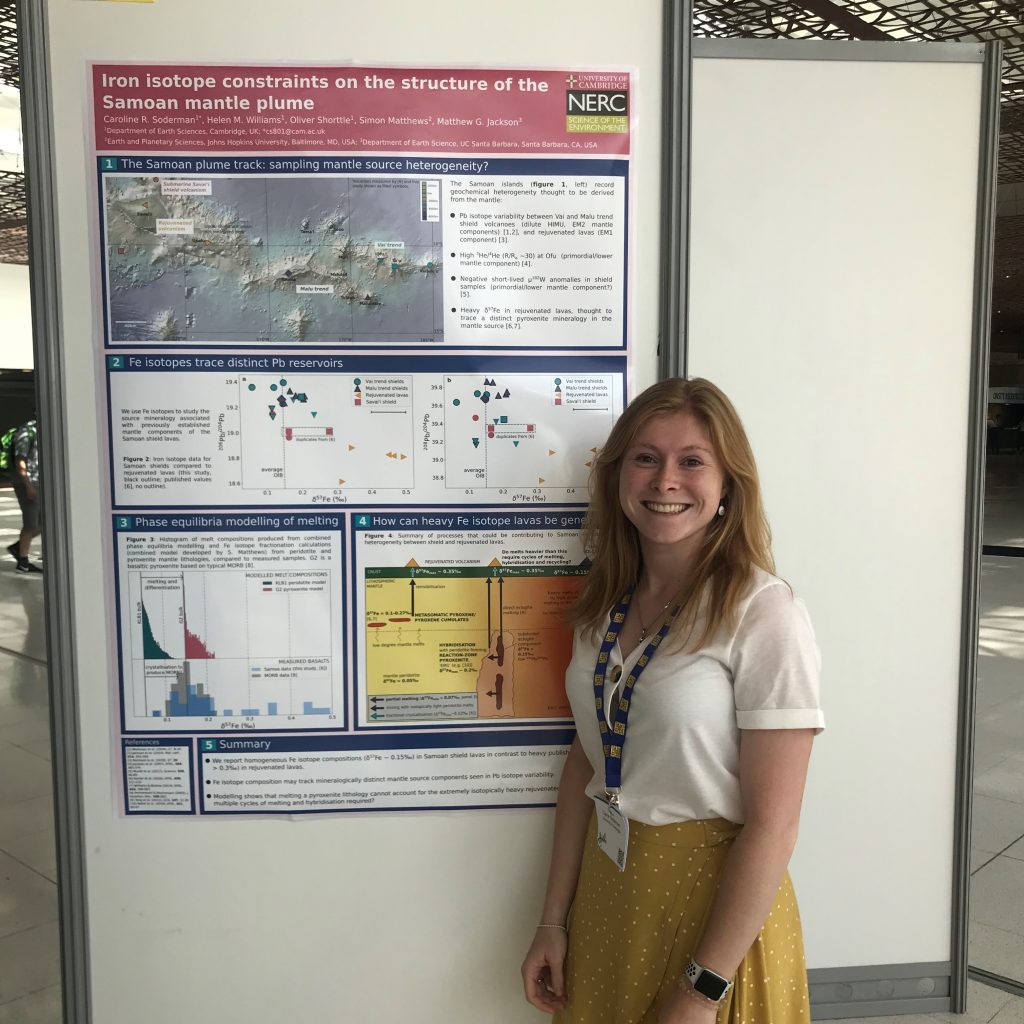
I was nervous starting a new job remotely, but in hindsight I had no reason to be. The EAC team are wonderful, and I’m hopeful that I’ll meet them in person in London this summer. I was thrown straight in to work as a Committee Researcher. I would be heading up the planning for an April inquiry session on ‘Community Energy’, which was part of an overarching year-long ‘Technological Innovations and Climate Change’ inquiry. This process taught me a lot about what the EAC does – the role of Select Committees is to scrutinise Government policy, and the EAC covers any environment-related topic (e.g., transport, energy, biodiversity, resources, ‘green’ economic development). The committees are made up of cross-party groups of MPs, and each committee has a team of researchers (which now included me!), clerks and support staff who work behind-the-scenes to put together recommendations from the MPs to pass to the Government, who are then obligated to respond and either defend their position, or take on board any suggestions.
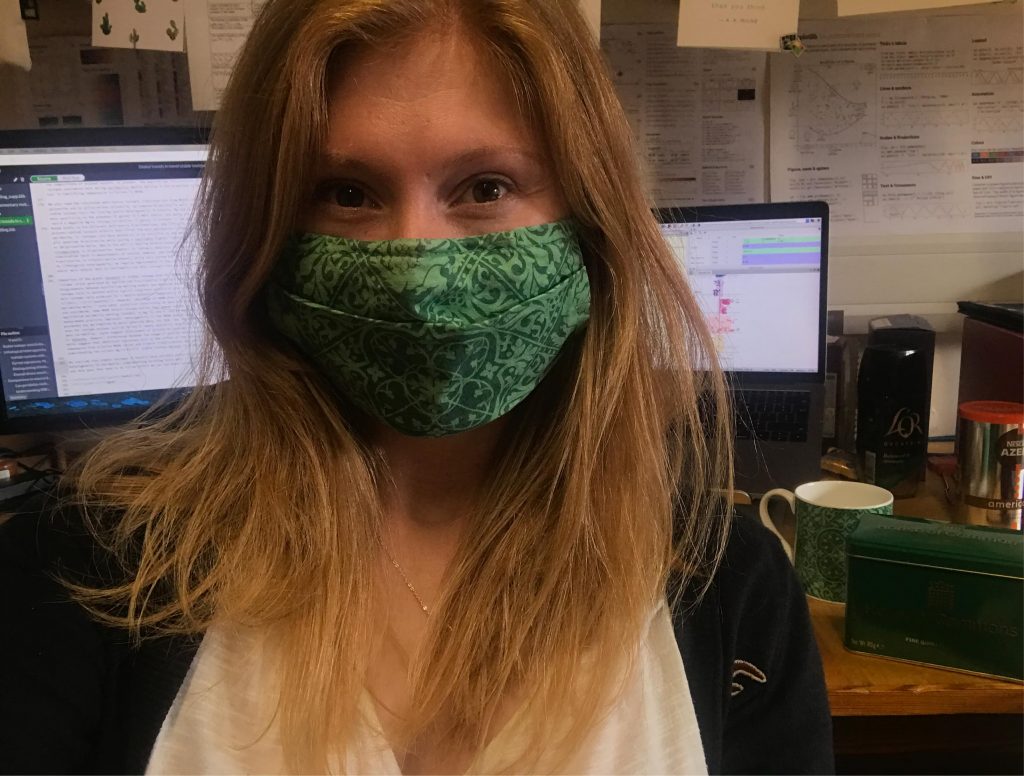
The term ‘community energy’ covers any energy scheme run by a local community including renewable electricity generation/storage and energy efficiency projects. The inquiry’s aim was to scrutinise the support for community energy in current UK policy, the role community energy could play in tackling climate change and emissions reduction, and any regulation or policy changes that could or should be implemented to boost the sector. I oversaw this inquiry from start to finish, and it was great to be given so much responsibility – I compiled the Terms of Reference (which outlined the questions the MPs wanted stakeholders to provide information on, to guide the inquiry), briefed stakeholder witnesses to give oral evidence to the MPs at a public hearing, put together the brief for the MPs based on my own research and all the written evidence, and finally wrote a letter to BEIS (the Department for Business, Energy and Industrial Strategy) based on the MPs’ recommendations following the public session. This was a really interesting and topical inquiry to be involved in – it highlighted just how important community schemes are, not only for increasing support and use of renewable energy, but as a key way to change the mindset and energy behaviour of local populations. I also worked on the evidence sessions for an inquiry into Deposit Return Schemes – schemes where a small (e.g., 20p) deposit is placed on drinks containers, which you get back when the container is returned to a designated place. The Government is nearing the end of its second consultation on introducing such a scheme in England, and it’s looking likely that there will be one in place sometime in 2024 (much needed for improving resource circularity in the UK!), so it was very rewarding to be directly contributing to the design of something tangible that we might see changing in the next few years.
I really enjoyed my internship – I met a great group of people who reminded me that my undergraduate and PhD skills are valuable outside of academic research. I even taught them some geology, as the Fagradalsfjall volcano in Iceland starting erupting in March so there were lots of questions to answer! I really felt part of a team – they even sent me a thank-you gift including a House of Commons facemask (a 2021 addition to their gift shop, now being modelled occasionally around the Department).
I would highly recommend the internship scheme to other UKRI-funded PhD students. I’m now enjoying settling back into lab work again, but keeping an eye on what the EAC are up to. Their Twitter account is @CommonsEAC – look out for a Government response on community energy in the UK, due soon!
